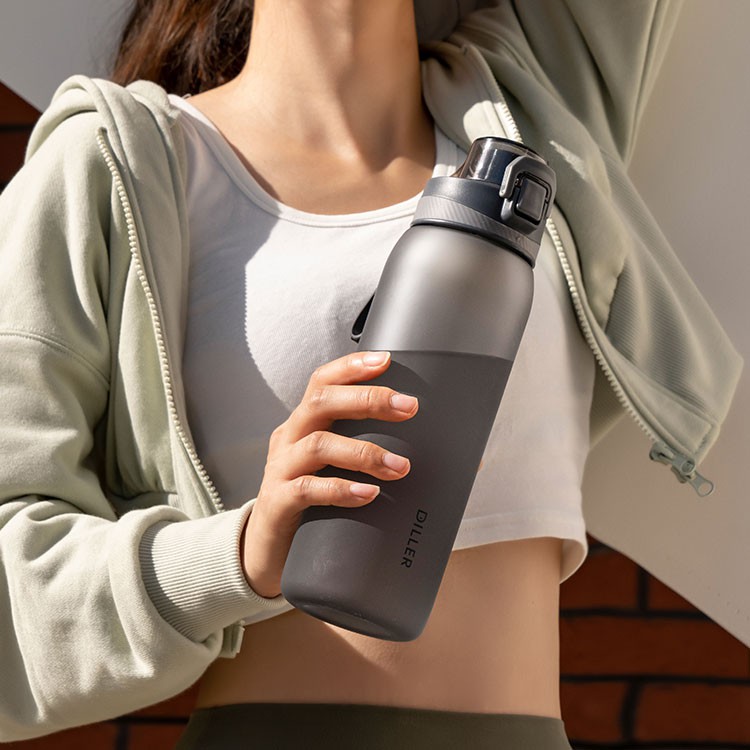Do Plastic Water Bottles Have Chemicals?
Plastic water bottles are popular among people of all ages because they are convenient to use and carry. However, there is a concern that the chemicals in the plastic may seep into the water and be harmful to our health. Do plastic water bottles have chemicals? Let’s take a closer look.

What are the chemicals in plastic water bottles?
When you drink from a plastic water bottle, you’re ingesting more than just water. You’re also swallowing chemicals like BPA and phthalates. These chemicals can leach out of the plastic and into the water, and they may have harmful effects on your health.
BPA is a chemical that’s been linked to health problems like obesity, heart disease, and cancer. Phthalates are chemicals that can disrupt the endocrine system, and they’ve been linked to problems like infertility and birth defects.
If you’re concerned about the chemicals in your water bottle, you can switch to a glass or stainless steel bottle. These materials don’t leach chemicals like plastic does, and they’re safer for your health.
How do these chemicals affect the body?
Organic molecules are found in all living things. These molecules are composed of atoms of carbon and hydrogen. The unique properties of carbon make it possible to form long chains and rings. These chains and rings can be combined in many different ways to form an almost infinite variety of molecules.
Many chemicals found in everyday life are organic molecules. For example, the molecules in gasoline and plastic are all organic. Chemicals in these products can harm the body if they are absorbed through the skin or ingested.
Chemicals in the environment can also harm the body. Pesticides and other agricultural chemicals can be harmful if they are ingested or absorbed through the skin. Heavy metals, such as lead and mercury, can also be harmful if they are ingested.
What are the risks of drinking from plastic water bottles?
There are many risks associated with drinking from plastic water bottles. One of the most concerning is the presence of Bisphenol A (BPA), a chemical that can seep into the water and has been linked to a variety of health problems. BPA can potentially cause cancer, infertility, and developmental problems in children.
Another risk associated with plastic water bottles is that they can leach other chemicals into the water, such as phthalates. Phthalates are a class of chemicals that are used to make plastics more flexible, and they have been linked to a variety of health problems, including cancer, asthma, and fertility problems.
In addition, plastic water bottles can also harbor bacteria, which can cause nausea and vomiting.
Overall, there are many risks associated with drinking from plastic water bottles, so it is best to avoid them whenever possible.
What are some safer alternatives to drinking from plastic water bottles?
There are many safer alternatives to drinking from plastic water bottles, such as choose the Tritan plastic water bottle without BPA. Some people choose to drink from stainless steel water bottles, which are a safe and healthy option. Others may choose to drink from glass water bottles, which are also safe. There are also many types of water filters that can be used to filter water from taps, bottles, and even pouches. Some people choose to drink from fountain drinks, which are often cleaner and have more water than most bottled drinks. Whatever alternative people choose, it is important to be safe and healthy when drinking water.
Overall, the evidence suggests that plastic water bottles do not have any harmful chemicals that would seep into the water and be harmful to our health. However, it is always a good idea to be mindful of the type of plastics that we are using and to recycle them properly. Thanks for reading!

